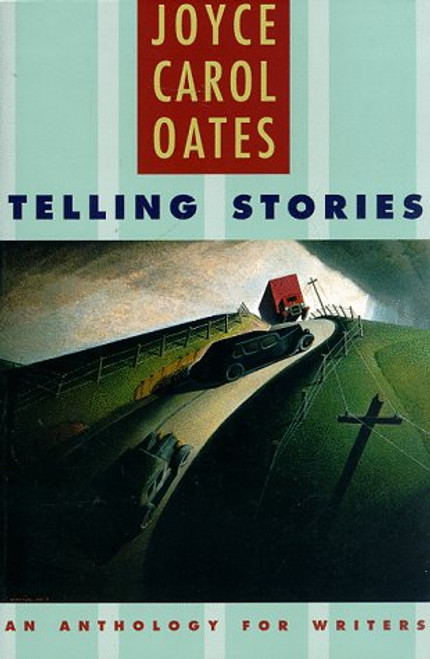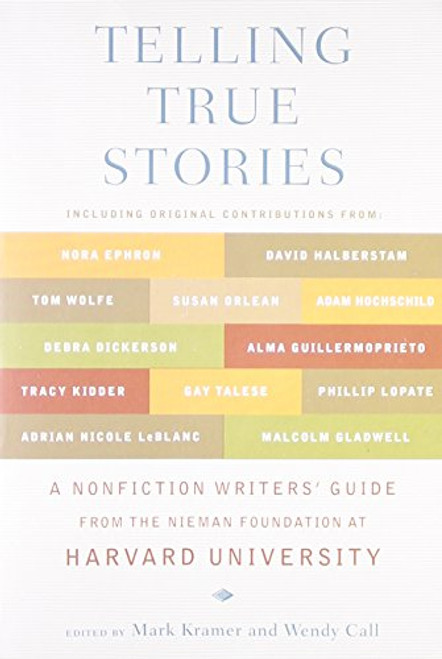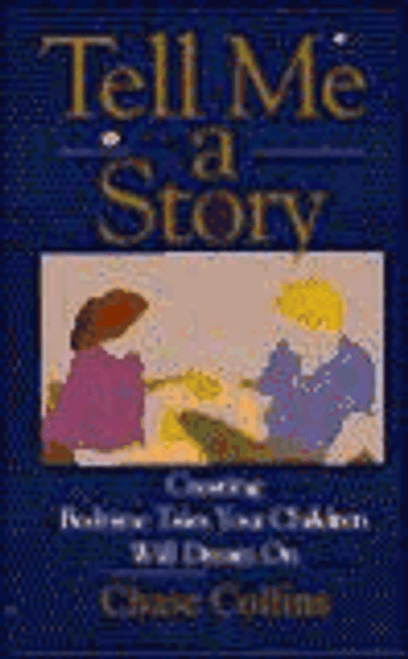Drawing on syllabi for Joyce Carol Oatess own writing seminar at Princeton University, Telling Stories gathers over one hundred works of narrative art miniature narratives, dramatic monologues, early stories by well-known writers, prose pieces inspired by myth, legend, and folktale, poems that tell stories, memoir and diary excerpts, two examples of genre fiction, and a generous sampling of classic and contemporary short storiesselected to stimulate and inspire beginning writers as they practice and perfect their craft.
Oatess chapter introductions and afterword on the writing workshop offer students encouragement, advice, and exercises for honing their skills.As a teacher, Oates emphasizes the importance of reading widely with enthusiasm, pleasure, and purpose. Telling Stories reflects this emphasis, introducing students to a variety of models for their own writing and encouraging them to concentrate on details, revise often, make material their own, experiment with genre, and ultimately find their own voice.
Edited by a contemporary master of the storytellers art who defines herself primarily as a friend of the text and a friend of the writer, Telling Stories is the perfect anthology for creative writing workshops and fiction classes and a wellspring of inspiration for any beginning writer.
The love of storytellingto hear stories, and to tell themis universal in our species. Those with an apparent talent for writing. . . are not of a special breed but simply mirror the common human desire. [If] you have a natural talent for writing, and a love of the imagination, you risk a lifelong deprivation if you fail to cultivate it as vigorously as you can. Write your own great American novel. . . youre talented, youre intelligent, you have the driving passion, and you know as much as anyone about American life. Your story belongs uniquely to you. Joyce Carol Oates, from the Introduction







